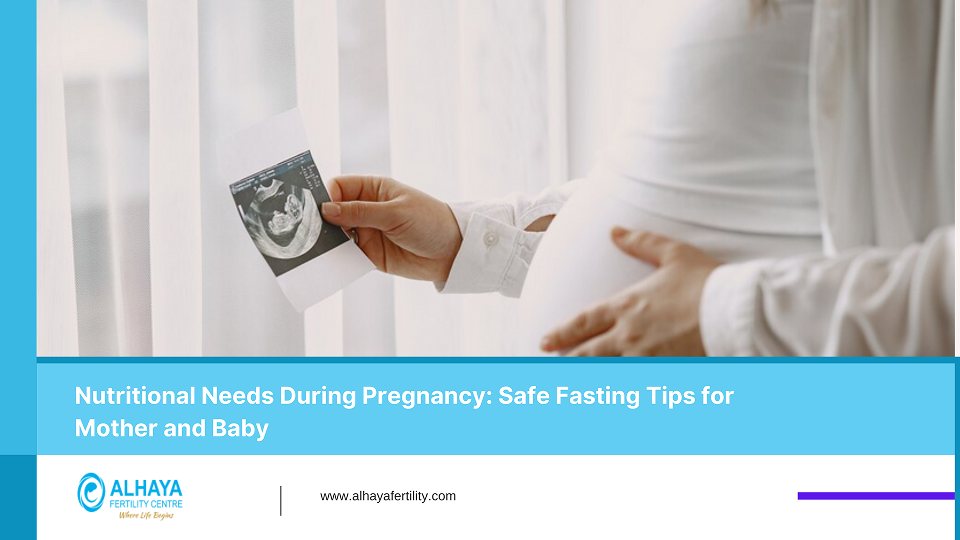Ramadan is a blessed month for Muslims around the world. For Muslim women who are pregnant, it can be a challenging time – not only spiritually but also physically. Many pregnant mothers wonder, is it safe for them to fast? The answer depends on the mother’s health status, the gestational age, and the nutritional needs during pregnancy.
Are Pregnant Women Obligated to Fast?
In Islam, pregnant women are given the flexibility to refrain from fasting if they are concerned about their own health or that of their unborn baby. However, studies show that many expectant mothers choose to fast responsibly, and their experiences vary. Most do not encounter complications, especially when they receive proper guidance and medical supervision.Health of Mother and Baby While Fasting
Generally, fasting does not significantly affect birth weight or increase the risk of premature delivery. However, risks such as extreme fatigue, dehydration, and nutrient deficiencies must still be monitored. Research indicates that fasting pregnant women may gain slightly less weight during pregnancy, which is why they must be attentive to symptoms like dizziness, vomiting, early contractions, or reduced fetal movement. If any of these occur, fasting should be stopped immediately, and medical attention should be sought.Nutritional Guidelines During Fasting
Adequate nutrition is crucial for supporting fetal development and maintaining the mother’s energy levels. Here are some dietary tips for pregnant women who choose to fast:- Balanced Sahur (pre-dawn meal): Choose foods high in fiber and complex carbohydrates like oats, whole wheat bread, or brown rice to provide long-lasting energy.
- High-quality protein: Include protein sources such as eggs, fish, lean chicken, and legumes to support fetal growth.
- Fruits and vegetables: Provide essential vitamins and minerals and aid digestion.
- Stay hydrated: Drink 8–10 glasses of water between iftar and sahur. Avoid caffeinated drinks as they may lead to dehydration.
- Limit sugar and fried foods: These can cause fatigue and do not support the absorption of essential nutrients.
Monitor Warning Signs
Throughout Ramadan, pregnant women should monitor their physical condition carefully. Signs like persistent dizziness, excessive thirst, extreme fatigue, reduced fetal movement, or unusual abdominal pain should be treated as red flags. Fasting should be discontinued, and medical consultation should be sought immediately. The primary focus must always be the health of both mother and baby.The Role of Doctors and Shared Decision-Making
Before deciding to fast, it is advisable for pregnant women to consult their doctor. A comprehensive health assessment can help determine whether fasting is suitable based on gestational age, pregnancy history, and overall health. Doctors can also provide a tailored meal plan, routine monitoring, and medical guidance in case of complications.Conclusion: Balancing Faith and Health
Fasting during pregnancy is a personal decision that must be made with wisdom and knowledge. It requires a balance between spiritual commitment and physical well-being. With professional guidance, proper nutrition, and close monitoring, many expectant mothers can safely fast throughout Ramadan.Looking for professional advice about fasting and pregnancy?
Consult with our specialists at Alhaya Fertility who understand your physical and emotional journey.Receive the best pregnancy care from the leading IVF clinic in Kuala Lumpur.

